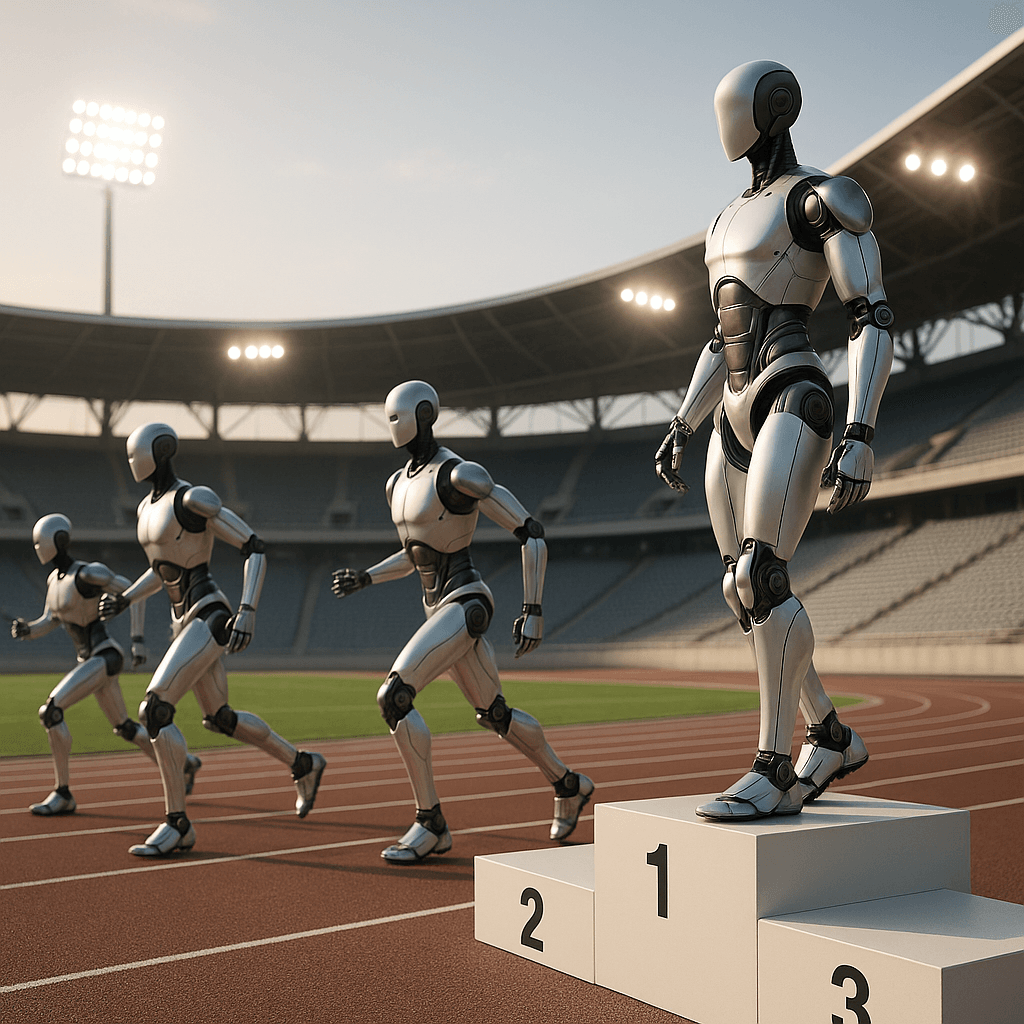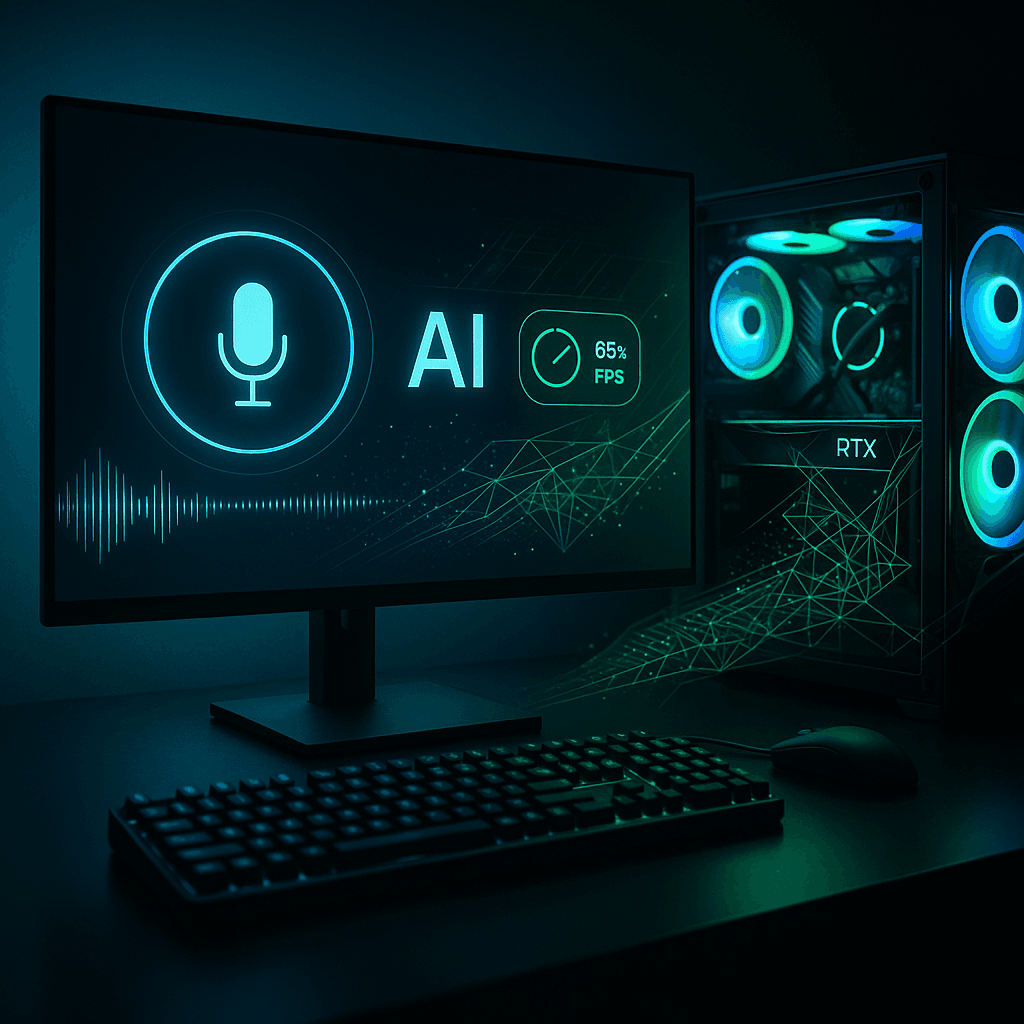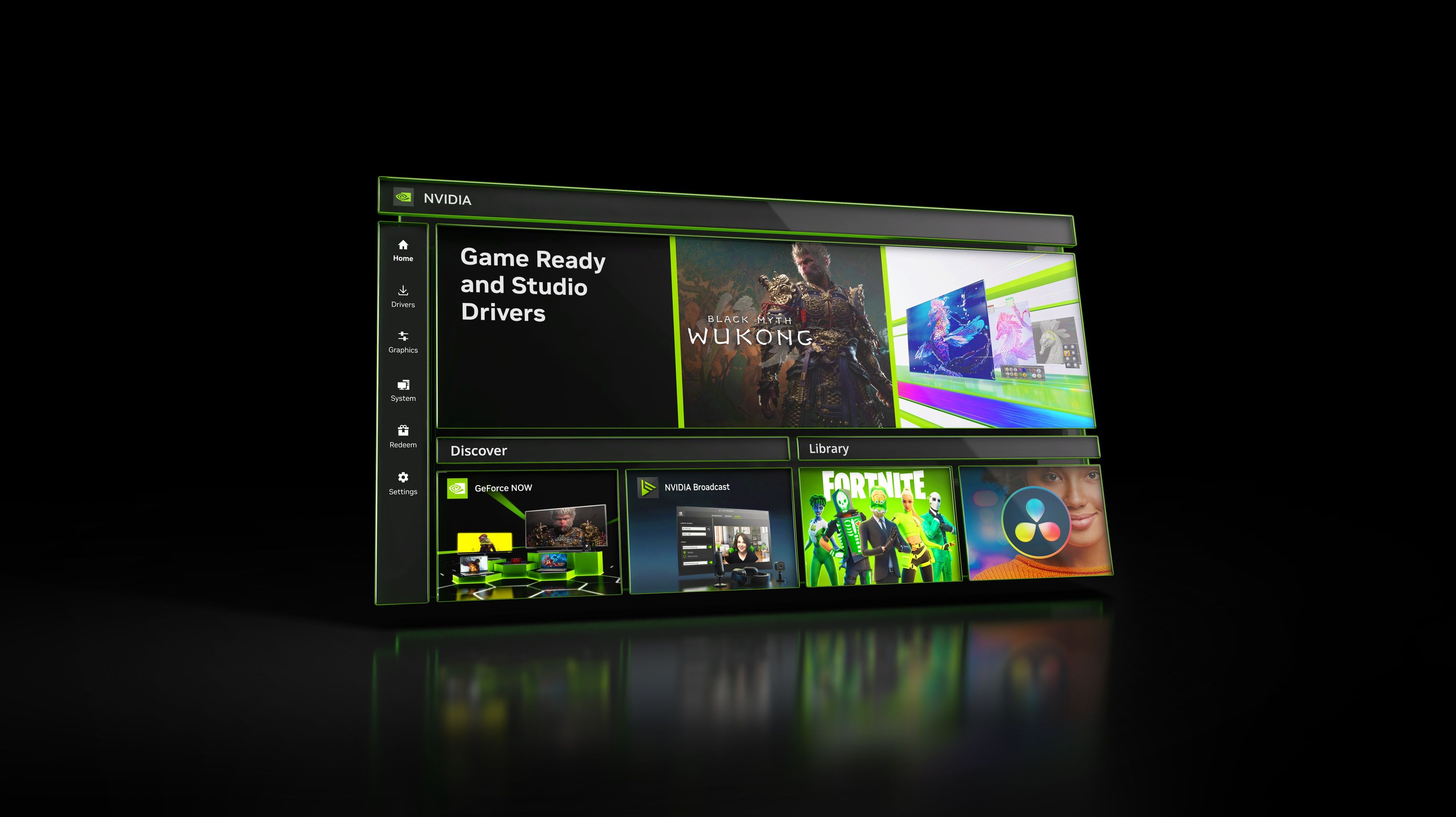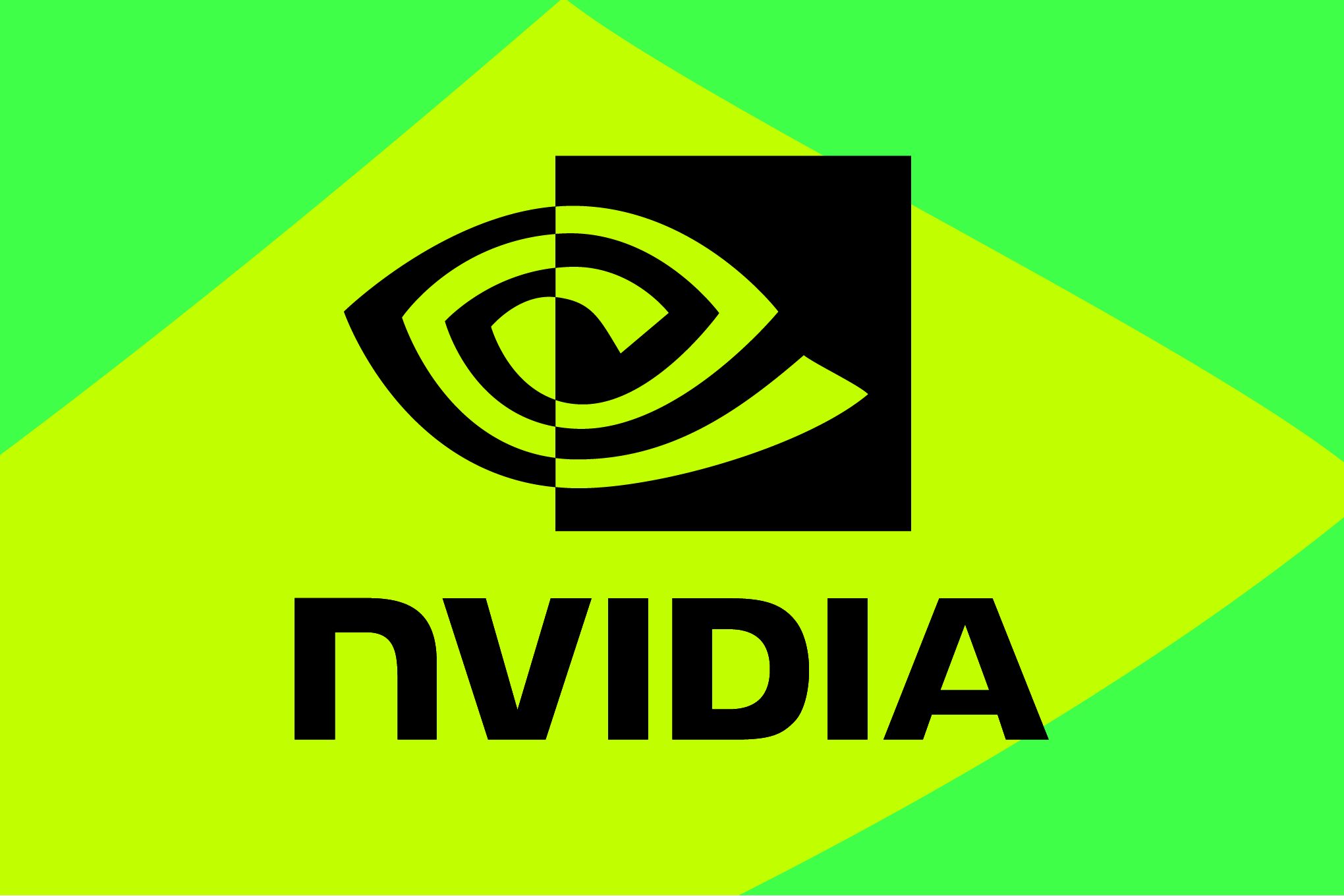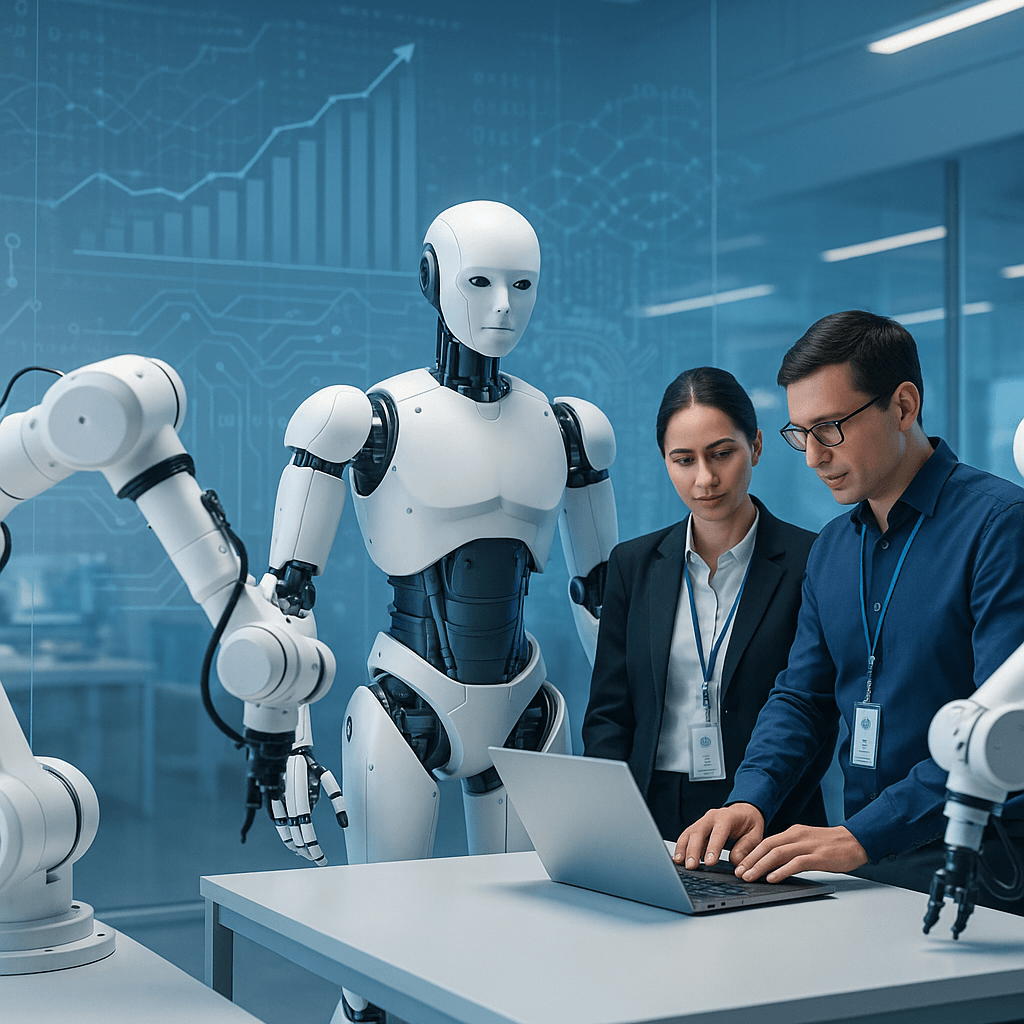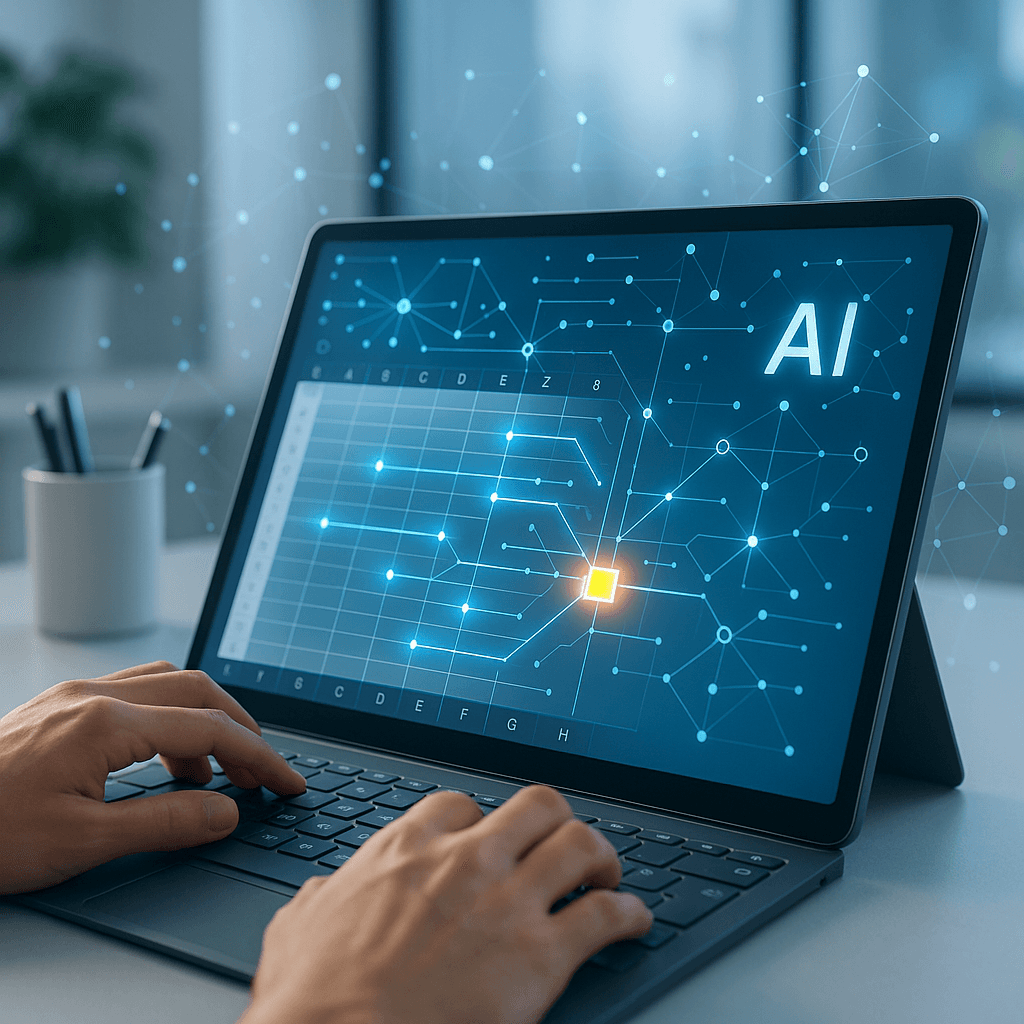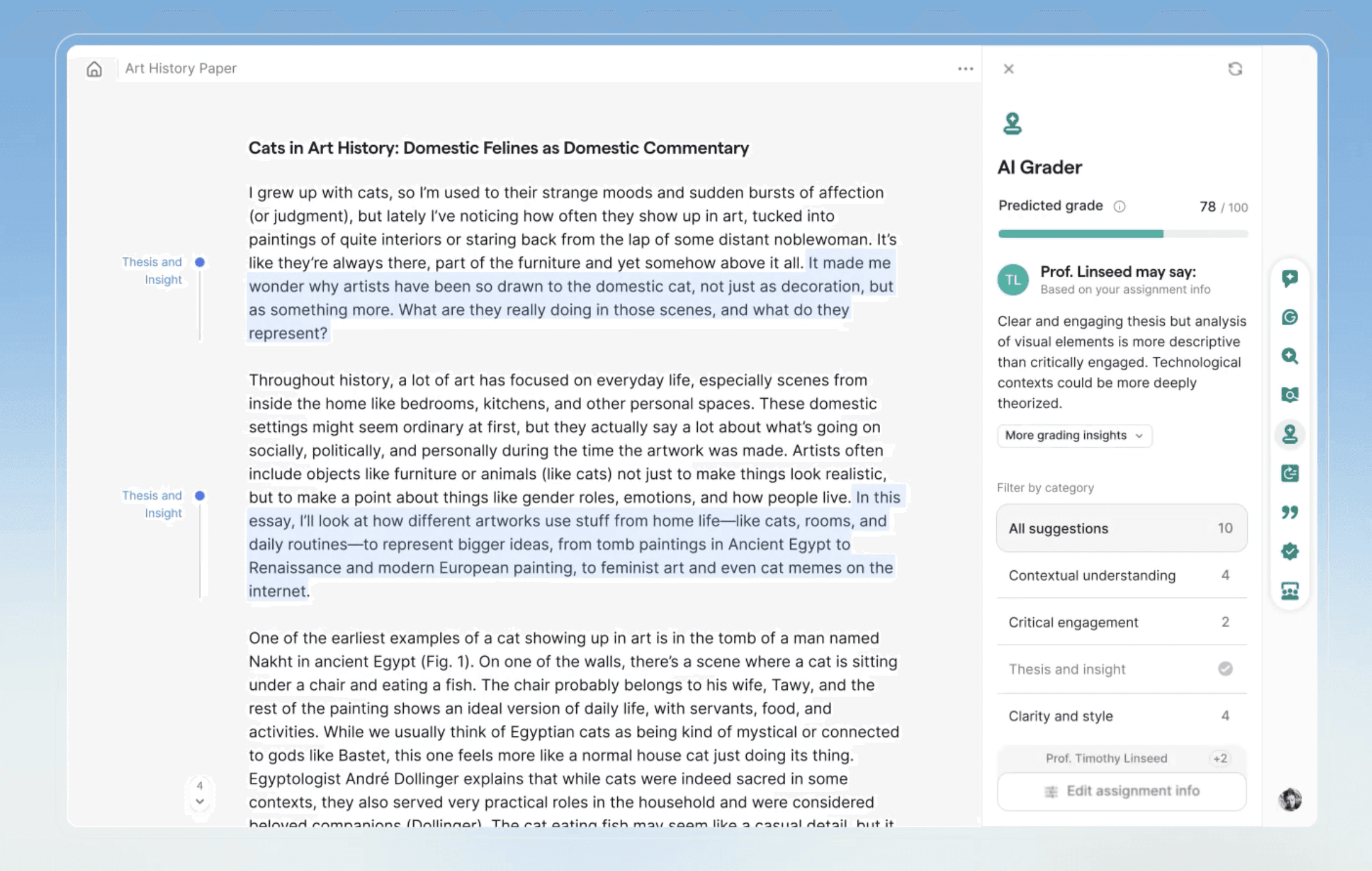China just crowned its humanoid robot champions, and Tesla's Optimus wasn't invited to the party. The first-ever World Humanoid Robot Games wrapped in Beijing with Unitree Robotics sweeping multiple gold medals across events from soccer to track and field, signaling China's accelerating push to dominate the $154 billion humanoid robotics market by 2035.
The future of humanoid robotics just got a clearer picture, and it's speaking Mandarin. Unitree Robotics, the Hangzhou-based company positioning itself as Tesla's primary Optimus rival, swept multiple gold medals at the inaugural World Humanoid Robot Games in Beijing. The three-day spectacle concluded Sunday with 280 teams from 16 countries showcasing their mechanical athletes in everything from martial arts to soccer tournaments.
The competition signals China's aggressive timeline to capture the global humanoid robotics market. While Tesla's Optimus remains largely confined to controlled demonstrations, Chinese firms are already stress-testing their robots in Olympic-style competition. Unitree's gold medal performance in the 4x100m relay showcased precision coordination that would make human sprinters envious.
"Robots have stronger joints and core strength," programmer Guo Tong told CNBC while watching his team Hephaestus compete in robotic soccer. His bold prediction: robots will replace Cristiano Ronaldo by 2050. Chinese Olympic boxer Li Yang, observing the mechanical martial arts competition, offered a more immediate assessment: "Robots are easier to coach. Humans are emotional."
The games represent more than technological showmanship. Beijing has designated humanoid robotics as a strategic industry with plans to build a "world-class" sector by 2027. This isn't just about manufacturing—it's about establishing China as the global leader before Western competitors can scale. , the Hong Kong-listed Shenzhen firm, and Beijing-based X-Humanoid also impressed judges with their mechanical athletes.
